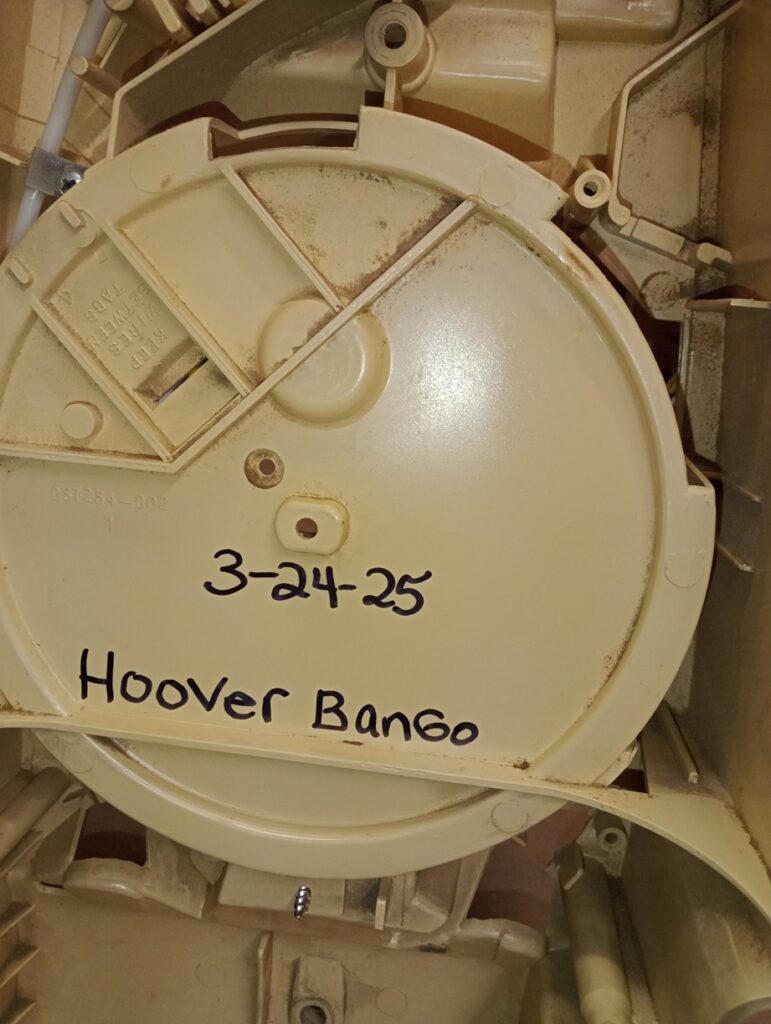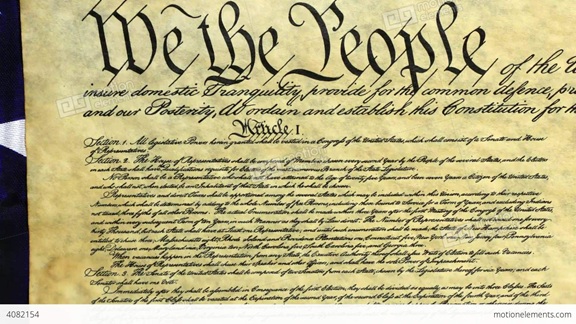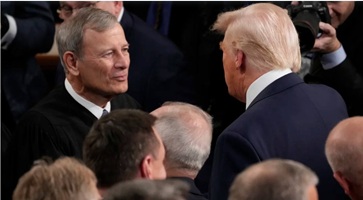Should the Trump Administration Change the ‘Signal’?
It’s an app everyone uses in D.C. But who’s behind it?
By Daniel Greenfield for frontpagemag.com

Last month, a source called me. As usual in D.C., he wanted to talk on Signal. The encrypted communications app long ago replaced Blackberries as the default way to message in D.C.
So it wasn’t that surprising that a magazine editor somehow got added onto a Trump administration Signal chat involving J.D. Vance and other administration figures discussing air strikes against the Houthi terrorists in Yemen. Since everyone under 50 in D.C. is constantly messaging each other and media contacts, something like this was eventually bound to happen.
In an age where high-level remote government meetings have become the norm, important decisions in America and Europe are arrived at by video chat and text.
But there may be bigger reasons why the Trump administration and everyone in D.C. should be wary about using Signal. While the app is ubiquitous because it’s perceived as being more ‘private’ than WhatsApp, which is owned by Facebook, Brian Acton, the man behind WhatsApp, created the Signal Foundation and is a major liberal donor. Moxie Marlinspike, Signal’s other founder and coder, claims to be an anarchist, and no fan of the Trump administration.
Liberal foundations helped fund Signal’s rise and the initial fiscal sponsorship for Signal was provided by the Freedom of the Press Foundation whose key figures, Daniel Ellsberg of the Pentagon Papers, Edward Snowden and Glenn Greenwald, are better known for leaking damaging government information to leftists, rather than for keeping it secret.
Signal continues to be run today by leftists who passionately hate the Trump administration.
The Signal Foundation’s president, Meredith Whittaker, described as the “woman in charge of the secure communication channel”, became famous leading a revolt against Google when it dared to add the black female president of the Heritage Foundation to its AI council.
“There is zero proof that anti-conservative bias exists. In fact, these companies bend over backwards to not enforce their terms of service for people like President Trump,” Whittaker falsely claimed.
Other foundation board members include Katherine Maher, the current head of NPR and former head of Wikimedia, who famously claimed that “our reverence for the truth might be a distraction that’s getting in the way of finding common ground and getting things done.”
Maher had said that, “the number one challenge that we see here is, of course, the First Amendment in the United States.” She had cheered Hillary and Kamala, and denounced President Trump as a “deranged racist sociopath.” Rounding out the board are Jay Sullivan, a former Twitter exec ousted by Musk and Amba Kak, a Whittaker protege with ties to the Biden administration.
Signal is a leftist activist group which makes it all the more strange that so much of D.C. is convinced that their privacy is secure using it. So much so that key Trump administration figures, including the vice president, could chat about an upcoming military strike on Signal.
For now there’s no evidence that Signal calls or chats were compromised by anything other than ‘user error’ of the kind that leads random people to occasionally try to add me to groups on Skype, WhatsApp, Signal and every known communications app in the free world.
Signal’s leaders continue to boast that they are committed to the security of the app and the organization’s actual CTO, Ehren Kret, occasionally retweets Elon Musk, but the fundamental difference between WhatsApp and Signal lies not in the technology, but its credibility.
“Signal either works for everyone or it works for no one. Every military in the world uses Signal, every politician I’m aware of uses Signal. Every CEO I know uses Signal because anyone who has anything truly confidential to communicate recognizes that storing that on a Meta database or in the clear on some Google server is not good practice,” Whittaker said.
The question is whether there might be a tipping point at which the value of sabotaging the ‘right’ takes priority over operating a credible platform, as it did when Whittaker went to war against having even one single conversative sit on Google’s AI ethics review board.
Signal is just a digital incarnation of leftist civil libertarianism of the kind that created the ACLU and other free speech movements because they believed that privacy and speech innately favored insurgent revolutionary movements over establishment conservative ones.
“I champion civil liberty as the best of the non-violent means of building the power on which worker’s rule must be based. If I aid the reactionaries to get free speech now and then, if I go outside the class struggle to fight against censorship, it is only because those liberties help to create a more hospitable atmosphere for working class liberties. The class struggle is the central conflict of the world; all others are incidental. When that power of the working class is once achieved, as it has been only in the Soviet Union, I am for maintaining it by any means whatever,” ACLU co-founder Roger Nash Baldwin wrote in ‘Soviet Russia’.
The entire quote is important because it makes it all too clear that civil libertarianism for groups like this is a strategy, a means, not an end, a way to bring down the system and then rule over it.
The ACLU’s current Case Selection Guidelines lay out a more sophisticated version of this argument calling for a consideration of the “impact of the proposed speech and the impact of its suppression” on the organization’s leftist political agenda. And in the last election, you could find the ACLU holding events on “ways to combat the spread of disinformation”.
The ACLU and the Electronic Frontier Foundation still, for the most part, oppose the government use of big tech companies to engage in censorship, known as ‘jawboning’, but other digital civil libertarian groups, notably the Electronic Privacy Information Center, have come out on the side of some government censorship. The Knight Foundation, which helped fund Signal and retains ties to it, has sympathies for ‘jawboning’ censorship.
Katherine Maher, a Signal board member, described taking “a very active approach to disinformation,” based on “conversations with government” in her past career.
Privacy on Signal, like that on any platform or app, depends on the commitment of those in charge to maintaining its integrity. Where WhatsApp is seen as an information gathering tool for Facebook’s data hungry operation, Signal emphasizes that it’s a non-profit and has no reason to spy on you. But Facebook does things to make money whereas Signal’s motives are ideological. And that ideology is hostile to conservatives and the Trump administration.
I use Signal, the way I use every communications app or service, with the assumption that anything I send is vulnerable to being intercepted, seen and heard if there is a sufficiently motivated party inside or outside the organization behind it. That’s not paranoia, it’s pragmatism. Privacy can be improved, but it can’t ever be absolutely ensured.
Conservatives should use Signal cautiously and Trump administration officials would do well not to hold meetings using a supposedly secure app run by some of their worst enemies.























